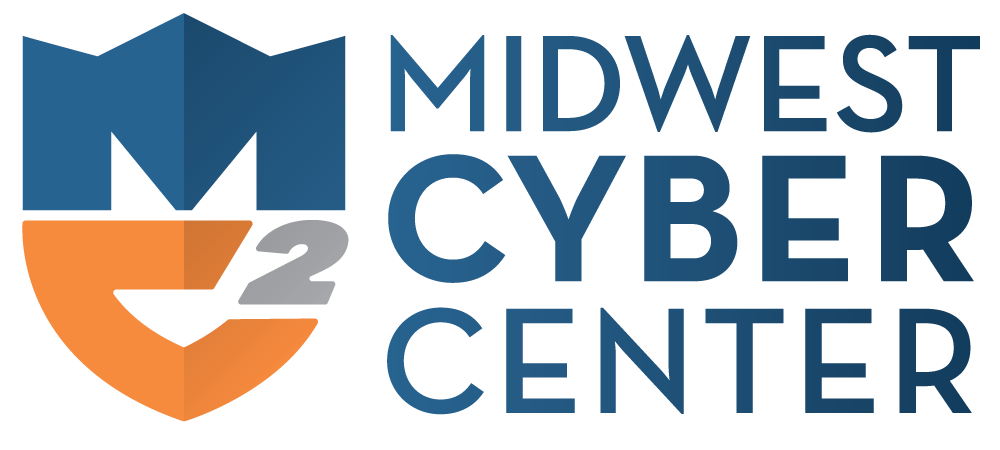Cybersecurity Analyst
Secure your thrilling career.
You desire an innovative career that makes a difference in the changing technological landscape — and a career as a cybersecurity analyst is perfect for you. Cybersecurity analysts develop and execute security measures that protect an organization’s computer networks from vulnerability … all while being part of one of the most in-demand industries today.
The Perks
Due to a shortage of cybersecurity professionals — and an elevated number of cyber attacks worldwide — there has never been a better time to enter into this field.
3.5
Million
There will be an estimated 3.5 million unfilled cybersecurity jobs in the world by 2021.
28%
Growth
Jobs in cybersecurity are expected to grow by 28% between 2016-= and 2026.
$63911
Salary
The median entry level annual salary for cybersecurity analysts is $63,911.
Cybersecurity Analyst
Integrity
Every day presents new and exciting challenges. You never quite know what’s going to happen. And you don’t even have to have a four-year degree to get into this field.

What Do I Need?
To become a cybersecurity analyst, you’ll need a passion for technical tasks and a drive to solve complicated challenges.
Cybersecurity Certificate
Certifications — such as the Certified Information Systems Security Professional certificate— are not always required but can be an excellent boost while applying to analyst positions.
Technical Experience
For those without bachelor’s degrees, technical experience will be extremely valuable in this field. This includes having knowledge of operating systems, networking, programming and virtualization software.
IT Fundamentals
In addition to technical skills, it’s important to have a basic understanding of web applications and system administration.
Communication Skills
You should be able to know how to communicate — both verbally and through writing — complex subjects to those who may not have a technical background, such as high-level executives.
IT Fundamentals
Individuals who work in cybersecurity have strong diagnostic skills and are able to dig into technical problems to provide the best solutions.
Big-Picture Thinking
In addition to knowing the technical components of cybersecurity-related tasks, you’ll need to stay up-to-date on the privacy and security regulations that heavily influence your work.
Cybersecurity Certificate
Certifications — such as the Certified Information Systems Security Professional certificate— are not always required but can be an excellent boost while applying to analyst positions.
Technical Experience
For those without bachelor’s degrees, technical experience will be extremely valuable in this field. This includes having knowledge of operating systems, networking, programming and virtualization software.
IT Fundamentals
In addition to technical skills, it’s important to have a basic understanding of web applications and system administration.
Communication Skills
You should be able to know how to communicate — both verbally and through writing — complex subjects to those who may not have a technical background, such as high-level executives.
IT Fundamentals
Individuals who work in cybersecurity have strong diagnostic skills and are able to dig into technical problems to provide the best solutions.
Big-Picture Thinking
In addition to knowing the technical components of cybersecurity-related tasks, you’ll need to stay up-to-date on the privacy and security regulations that heavily influence your work.
Your Resources
Loading...

WGU Missouri Online Degree Programs

Network Security, Certificate of Proficiency (CP)

Cybersecurity, Associate in Applied Science (AAS), Certificate of Proficiency (CP)

CISCO Networking Academy: CCNA, Certificate of Specialization (CS)

Maryville University Science and Robotics Program

CyberUp

Cyber Security Analyst Apprenticeship

NPower St. Louis

